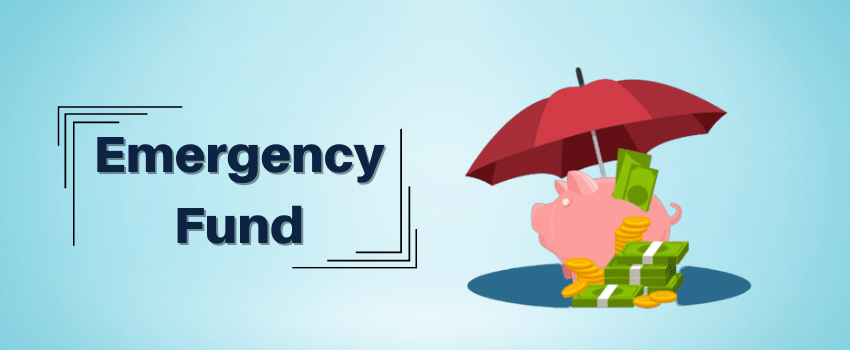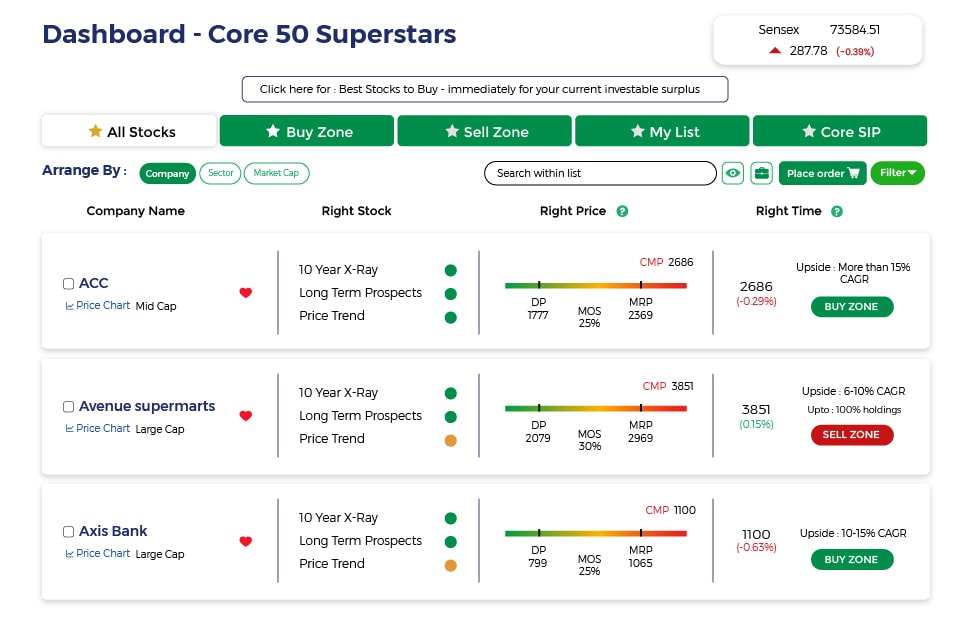An emergency fund is money set aside to cover any unanticipated monetary expense. Such events can be unavoidable and cause stress if you are not prepared.
Table of Contents:
- Why is an emergency fund important?
- How much to set aside in an Emergency Fund?
- Where to invest in an emergency fund?
- How to build an emergency fund?
Why is an emergency fund important?
Some events in life come uninvited. It could be a car breaking down or repairs at the house or you end up at the hospital for 2 days from food poisoning at a wedding.
Sounds familiar?
We can plan as much as we want for probable expenses like a child’s education or parents’ health, but you would agree some expenses come up out of the blue.
These days the uncertainties are just going up. Facing a salary cut or losing a job in the interim is also not uncommon.
‘As per the CMIE, nearly 1.5 Crore fewer people were employed in December 2020, 9 months after the lockdown hit people's livelihood compared to those that were employed before the lockdown in 2019-20.’
The answer to such unanticipated expense is the Emergency Fund.
An emergency fund is money set aside to cover any unanticipated monetary expense. Such events can be unavoidable and cause stress if you are not prepared.
How much to set aside as an Emergency Fund?
Every individual has a different lifestyle and hence a different quantum of an emergency fund.
A simple thumb rule is to use your existing expenses. Using your monthly expense as a proxy, create a corpus that will help you survive 3-6 months without any income. After the 2020 pandemic, people acknowledge that at least 6 months of living expenses set aside as an emergency fund is a must.
If you have loans, shore up your emergency fund by adding 6 6-month EMI amount to your emergency fund.
Where to invest emergency funds?
For your emergency fund, you'll want to choose investments that are:
- Safe: You don’t want the sudden or temporary loss of value in your emergency fund, so do not invest this fund in the stock market or high-return instrument.
- Liquid: You will need immediate access when the need arises but at the same time it must not be visible to spend it on a gift or your temptation.
- Interest-bearing: Even though the purpose of an emergency fund isn't to earn money, don't turn down the opportunity to regular interest rather than leaving it in a savings account.
The following options are applicable for all types of short-term investments (Less than 12 months), including emergency funds:
- Fixed Deposits: Yes, they earn a very low return but the purpose of these funds is not returns but easy access and high safety. You can break Fixed deposits in case of emergency and funds will be available in your account at a moment’s notice.
- We recommend the top 5 banks SBI, HDFC Bank, ICICI Bank, Axis Bank, and Kotak Mahindra Bank. Avoid Cooperative banks as there is a risk of losing the entire principal in exchange for slightly higher interest income.
- Liquid Funds: For emergency fund size of more than Rs. 5,00,000* or higher tax slab individuals go for Liquid Funds from mutual funds. The liquid fund also has lower taxation if held for more than 3 years.
- We recommend HDFC Overnight Fund, ICICI Prudential Overnight Fund Parag Parikh Liquid Fund, or Quantum Liquid Fund. These funds do not take risks and earn bare minimum returns. Avoid liquid funds with higher returns because they take risks to earn that higher interest.
By investing in the above two options, your corpus is safe and liquid, you can access it in a day or less.
How to build an emergency fund?
We suggest channelizing all your current savings into an emergency fund till it reaches the desired amount. If feasible, liquidate a part of the Equity/long-term portfolio to build an emergency fund first.
If you have just started earning a surplus, start a recurring Fixed deposit or a systematic investment plan (SIP) into liquid funds. It is advised to build an emergency fund before you go for a long-term investment plan.
*(a) Fixed Deposits are taxable as per income tax slab above 40,000 in interest income (b) Each depositor in a bank is insured up to a maximum of ? 5,00,000 Source: RBI, 2020.
Already have an account? Log in
Want complete access
to this story?
Register Now For Free!
Also get more expert insights, QVPT ratings of 3500+ stocks, Stocks
Screener and much more on Registering.







 Download APP
Download APP





















Comment Your Thoughts: